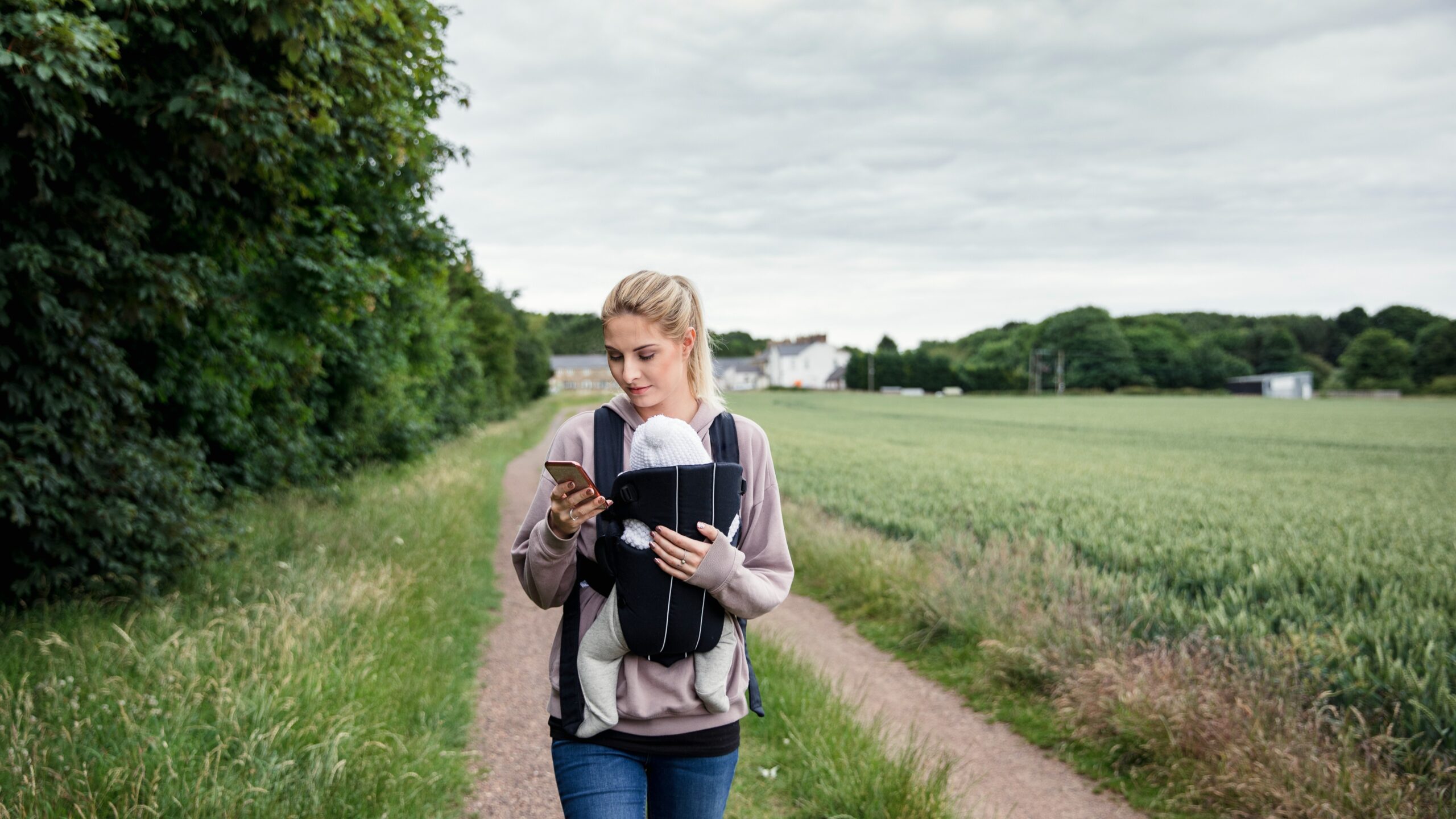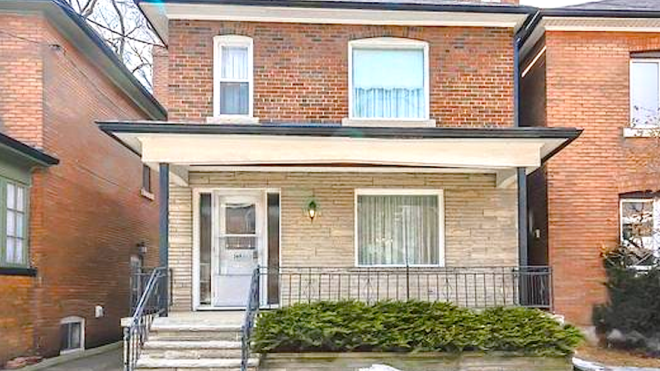
Going off-grid can sound daunting. My family’s 200-square-foot tiny house is not connected to any public utilities. Solar panels provide our electricity, and we don’t have cable, public water, or sewer. Oh yeah, and I just had a brand-new baby boy!
Getting up at 2 a.m. all winter to feed the woodstove is not my favorite, and many daily tasks take a bit longer than they would otherwise. We run a generator weekly to fill a tank that feeds the kitchen sink. We have a small propane fridge with no freezer, so pumped breast milk can only last a maximum of four days. Still, there are a multitude of advantages. I would love to share with you five reasons why living off-grid is the best choice for my family.
1. Freedom From the 9 to 5
Prior to going off-grid, I hated going to work every day, but it was really my only option. I loved the idea of being a stay-at-home mom yet did not want all of the pressures of providing income to fall on my partner. Rent or mortgage payments are often the biggest monthly expense for families. Going off-grid has allowed me to buy our land and home outright, for what would typically be the down payment on most urban and suburban homes. In addition, our only “utility” expense each month is filling a couple of propane tanks to keep the stove and refrigerator running.
Keeping expenses so low means that we require substantially less income than the average American family. This lifestyle allows my husband and I to be able to make ends meet without requiring either of us to have traditional jobs outside of our homesteading ventures. My baby has two stay-at-home parents! We raise livestock on a small scale, make wood crafts, and do occasional odd jobs for other farms in the area, and it is plenty to get by.
2. More Family Time
My husband and I both love that we get to be so involved with our son’s daily care and upbringing. It is amazing to be able to do so many things as a family. We can take breaks during the day to go for nature walks on our property together. Baby boy is still an infant, so we can just strap him to us and go about all of the daily farm duties.
The carrier we use has a 45-pound weight limit. By the time babycakes reaches that, he’ll be plenty big enough to help with the chores alongside us. I mean, he won’t be able to operate a chainsaw or use a splitting ax at that point, but he’ll be able to collect kindling and carry wood we’ve cut and split ahead of time. We’ve specifically chosen breeds of animals to raise, such as Nigerian dwarf goats, that are docile enough to be around children and manageable for me to handle while pregnant. Everyone gets to be in on the fun! Working together to build this life is incredibly satisfying.
3. Emergency Preparedness
Preparedness, or “prepping,” is not just the doomsday business that’s glorified in certain media. For me, it means knowing my child is provided for in the event of an emergency. Grocery store shortages, essentials becoming prohibitively expensive, and quarantines being required have now become part of daily life. Storms and other events that knock out the power grid for days occur annually in many parts of the country, and they are even more devastating when they happen in areas not typically affected.
Being off-grid makes it so that my family has everything we need when the worst strikes. I can rest assured knowing that when power goes out during the winter storms common in my area, it’s just another day for us. A little bit of sunlight keeps the solar panels running. That coupled with rechargeable batteries and a couple of generators ensures that the lights will stay on. A wood stove and plenty of propane ensures that we will stay warm through the coldest of days. An artesian well coupled with a generator pump and a hand pump as backup keeps us supplied with water at all times. A solid supply of food we’ve stored up ensures that bare grocery store shelves will not result in my child going hungry. Being without the essentials is just not something we have to worry about.
4. Clean Eating
Every parent wants to know that their little one is receiving the best nutrition. That said, buying organic, wholesome food can be expensive, and you sometimes don’t even know for sure exactly what is in it. I like knowing precisely where my food is coming from and what has happened along the way. A big eye-opener for me was when someone pointed out that “cruelty-free” labels don’t include ensuring that the workers harvesting your food have been treated well.
Raising goats allows me to rest assured that the milk and cheese that my family consumes has been procured humanely. Through gardening, we are able to source organic, local produce for a fraction of what you would pay at a grocery store. Going without a freezer or microwave has been a bit of an adjustment, but canning and other forms of traditional food preservation ensure that our bounty lasts long past harvest season.
5. Fitness
The Centers for Disease Control and Prevention recommends that children ages 3 to 5 are active throughout the day and children ages 6 to 17 have at least 60 minutes of daily vigorous activity. Here, fresh air and hearty activity is just part of the game! There is plenty of room for running and playing without having to watch out for cars. My son can make all the noise he wants without having to worry about disturbing the neighbors.
For the adults, putting up wood for the winter, gardening, lifting bales of hay, carrying water, building housing for the animals, and doing laundry by hand are just some of the ways we keep fit. Getting to see the tangible results of our hard work feels much more satisfying than just watching numbers on a treadmill or plugging through a spinning class.
With all of these benefits, I can’t imagine raising my family any other way!







